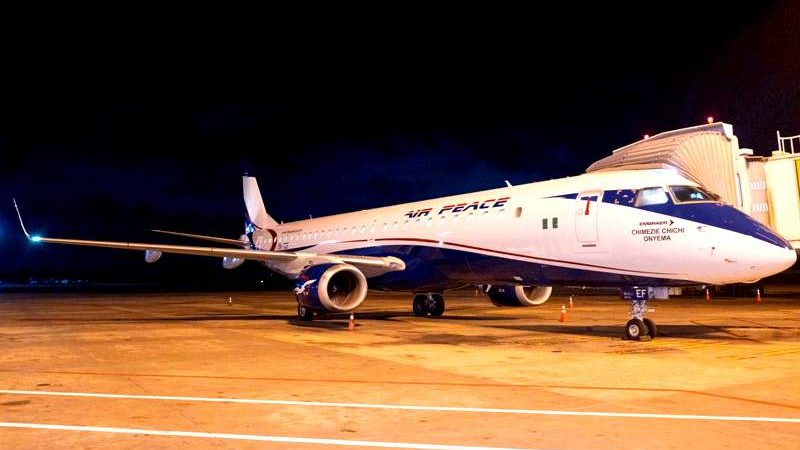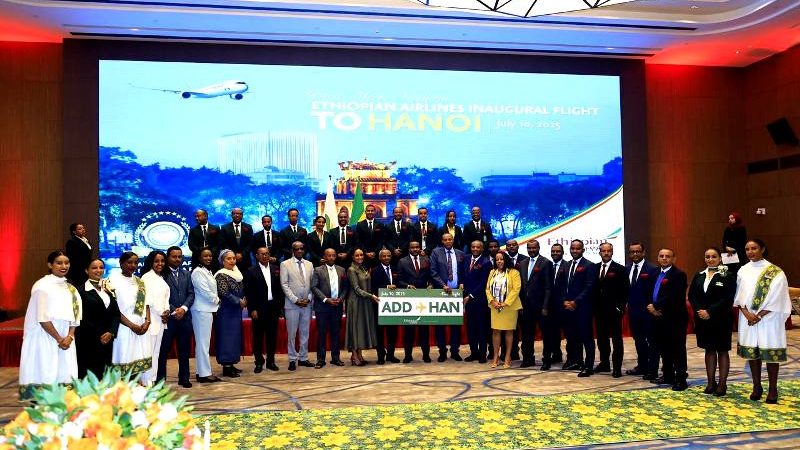ASRTI Highlights How Legislation Can Help Nigeria’s Aviation Sector

The President of Aviation Safety Round Table Initiative (ASRTI), Air Cdre. Ademola Onitiju (Rtd) has highlighted aspects of Nigeria’s aviation industry that can be improved with legislation, stating that “the role of legislation in the repositioning of the aviation sector cannot be overemphasized.”
Speaking on a paper titled Repositioning Aviation Sector for Revenue Generation and Growth Using Legislation today at a Webinar with theme, “Repositioning The Aviation Sector In Nigeria For Revenue Generation & Growth: Role of Legislation,” which was organized by Olisa Agbakoba Legal (OAL), Onitiju said: “The repositioning of the aviation sector for revenue generation and growth using legislation is essential. Governments should prioritize the establishment of legal frameworks that promote safety, competition, and growth in the aviation sector, ultimately leading to the creation of a thriving and prosperous aviation industry.”
He identified areas that require priority in legislation to include consumer protection where he said “legislation should be put in place to protect consumers from unfair practices by airlines, such as hidden fees or overbooking” and innovation, stating that “legislation should encourage innovation in the aviation industry, such as the development of new technologies or business models that can improve efficiency and reduce costs.”
The aviation sector has the potential to become a major revenue generator for any country if proper legislation is put in place. With the growth of the global economy, there is an ever-increasing demand for air transportation, making it more important than ever to focus on the repositioning of the aviation sector for revenue generation and growth.
He further said it is essential for governments to create a legal framework that enables airlines to operate legally and safely while also promoting competition and growth in the industry and that legislation can help to lower the cost of air travel, increase passenger safety, and improve efficiency in the aviation sector.
According to him, there are several key areas that governments should focus on when it comes to aviation legislation. These include safety regulations where governments should prioritize the establishment of safety regulations that ensure the highest standards of safety for passengers and aircrews alike and competition where governments should promote competition in the aviation sector by encouraging the entry of new airlines into the market and ensuring that existing airlines operate fairly.
He added that taxation policies should be established in a way that encourages airlines to operate in the country while ensuring that revenue is generated for the government and governments should invest in airport infrastructure to meet the growing demand for air travel.
On environmental regulations, “governments should establish regulations that promote environmental sustainability in the aviation sector, such as reducing carbon emissions and promoting the use of alternative fuels” and on international cooperation, “governments should work together to establish international standards and regulations for the aviation industry, promoting safety and efficiency on a global scale.”
Onitiju said “by focusing on these additional key areas, governments can create a legal framework that not only promotes revenue generation and growth but also ensures sustainability, fairness, and innovation in the aviation sector. “







